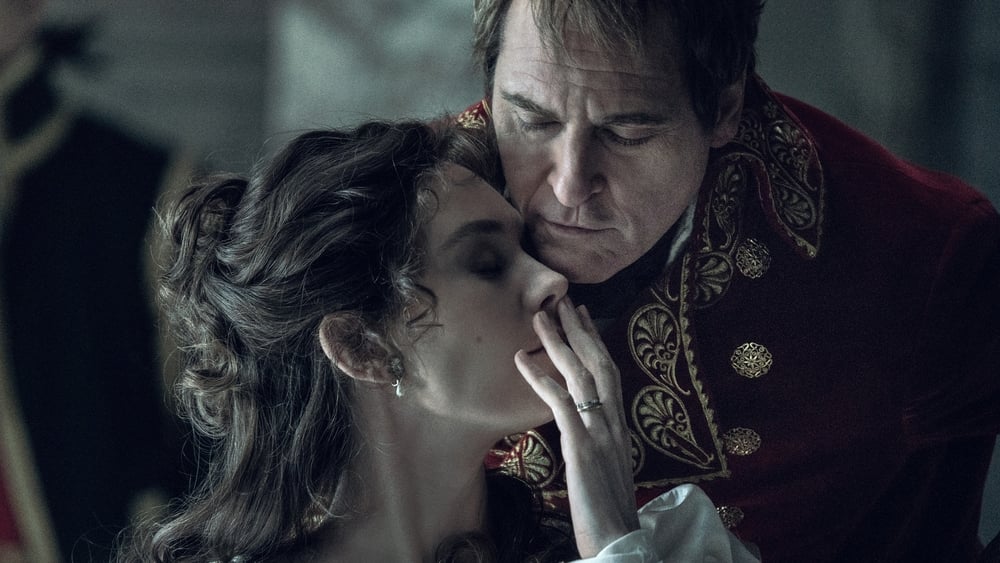Why did Ridley Scott want to make “Napoleon”? It doesn’t seem like Scott is interested at all in the events of Napoleon’s life — if he were, he likely wouldn’t be as dismissive about the lack of historical accuracy in his film as he has been of late. Nor does it seem like Scott and screenwriter David Scarpa want to examine the character of Napoleon in a way that might help us better understand the man or even other leaders of our time who follow in his footsteps. Perhaps the filmmaker just wanted to work (and work at this scale), taking whatever large project fell into his lap first.
If that level of disinterest is true, it is palpable on screen. Scott's theatrical cut of “Napoleon” knocks off major moments in the Emperor’s life as if it were reading them from a checklist. Interrogation of people or moments is non-existent, any opportunities to add character are flown past to hit more plot points, and new major figures appear in every scene and are never heard from again. The entire decades-long period that the film covers is dispatched with a blistering pace, never letting any emotional power develop by giving moments room to breathe.
Supposedly there is a four-hour cut of “Napoleon” that may fix the ridiculous pacing issues, but I don’t think a longer version of the film would be much better. The major problem here is a lack of focus. Had the narrative shrunk in scope — either focusing entirely on the relationship between Napoleon and Josephine or just making a straight war movie — it’s possible “Napoleon” would rank among Scott’s best works. There are elements of this film that are extraordinary on their own. Though the movie implies Napoleon did everything he did in his life to please Josephine — a weird and ridiculous claim — the moment-to-moment depiction of their relationship is surprisingly well done. Josephine’s sexually forward and self-confident nature clashes with Napoleon’s hot-headedness, but you always feel like you understand why they love each other, and when they divorce it is as close as the film gets to an emotional climax.
Yet, for whatever reason, the film spends far more time showing parts of Napoleon’s life that don’t connect to anything else and don’t even say much about our modern world. The whole project feels completely pointless. You don’t learn anything about the man, his accomplishments, or his missteps, and there aren’t any arguments put forth about how this connects to the society we currently live in. If the film were more interesting to look at or more emotionally potent, then maybe one could give it the benefit of the doubt and describe it as a passable, watchable mess. In its current state, however, “Napoleon” barely scrapes the level of “movie you half-watch for 20 minutes on TNT while you wait for something else to start.”

